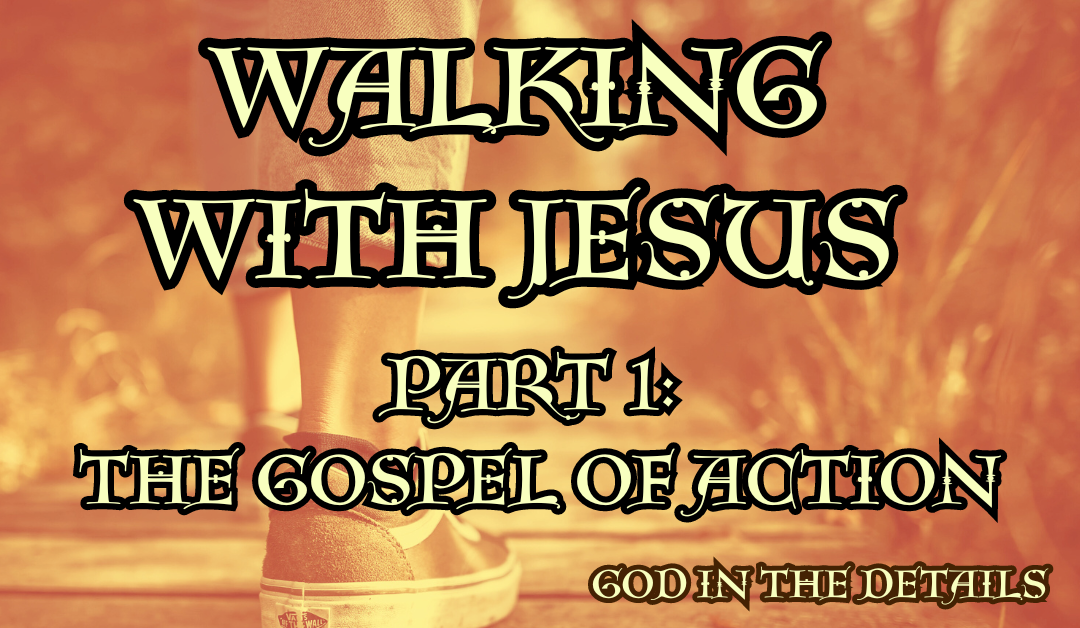
Understanding the 12 Steps: Step 1 (Honesty)
“We admitted we were powerless over alcohol — that our lives had become unmanageable.”
Step 1, Alcoholics Anonymous
“Watch and pray that you may not enter into temptation. The spirit indeed is willing, but the flesh is weak.”
Jesus, Matthew 26:41
The first step to overcoming – the first step towards solving the problem of addiction or any other compulsive behaviour/impulse – is to admit that there is a problem.
We cannot fix what is not broken – and we are all broken in some way or the other – we just don’t care to admit it.
Jesus said to His disciples that they must watch and pray to ensure they do not enter into temptation. The flesh, inherently, is weak.
The Twelve Steps of Alcoholics Anonymous offers a set of simple spiritual principles that, if put into practice, will lead to freedom. This freedom is offered to Alcoholics and Addicts around the world but is not limited to the realm of drugs and drink. It can be applied to a myriad of problems. From compulsive shopping, pornography consumption, codependency, depression and anxiety, gambling and even love and sex.
The spiritual principle behind step 1 is HONESTY.
The Big Book of Alcoholics Anonymous says this: “Those who do not recover are people who cannot or will not completely give themselves to this simple program, usually men and women who are constitutionally incapable of being honest with themselves.” (Chapter 5, Alcoholics Anonymous)
Jesus famously said: THE TRUTH SHALL SET YOU FREE.
For us to overcome our spiritual malady and the weakness of the flesh we need to first of all be HONEST – admitting to OURSELVES that there is something that needs fixing – that our lives have become unmanageable and that we, in ourselves, are powerless.
We need to admit to ourselves that we cannot do this on our own.
Too often the shame of our secret has kept us sick – it is shame that keeps us from reaching out, it is foolish pride that keeps us from asking for help – and so we try to do it on our own.
But there is nothing to be ashamed about. Yes, we might have done things that we regret, we might’ve done things that we resent – and we might feel deeply ashamed about these things – but there is no shame in asking for help, and there is definitely no shame in expressing the desire to fix what is broken.
On the contrary, reaching out and owning our struggle is an admirable thing to do. It is a difficult task that shows much courage.
The First Step – this step of being honest with oneself – is probably the hardest step to take. Once we can make a decision to be honest about our weakness, our powerlessness, we can start taking steps towards our healing and restoration.
I came to the conclusion that something was wrong when I got arrested for drug possession. On that cold concrete floor I had nothing else to do but think about all the ways that my life was falling apart around me.
Is your addiction or behaviour causing chaos in your life? Is it leading to the loss of income? The loss of stability? The breakdown of family relationships? Is your addiction or behaviour affecting your health – physical or mental?
Are you tired and burdened? Heavy laden by guilt and shame? Do you feel powerless and unable to change?
From personal experience I can tell you that there is hope. You can overcome! But it starts with you being honest with yourself.
It starts by admitting that we are powerless over our situation or circumstance, addiction or behaviour – and this honesty then puts us in the position to seek the right kind of help.
Prayer: Lord, if there is anything in my life that needs changing, I pray that You will show me. I ask Lord that You will point out where I might’ve strayed from Your plan for my life and that You will help me get back on it. Give me wisdom, strength and the power to endure on the journey that lies ahead. In Jesus Name. Amen.
If you have come to the conclusion that there is something wrong, something in need of fixing – that your life has become unmanageable and chaotic – reach out: andre@adlabuschagne.co.za / 0653703806.
We will do our best to help you find the help you need.




